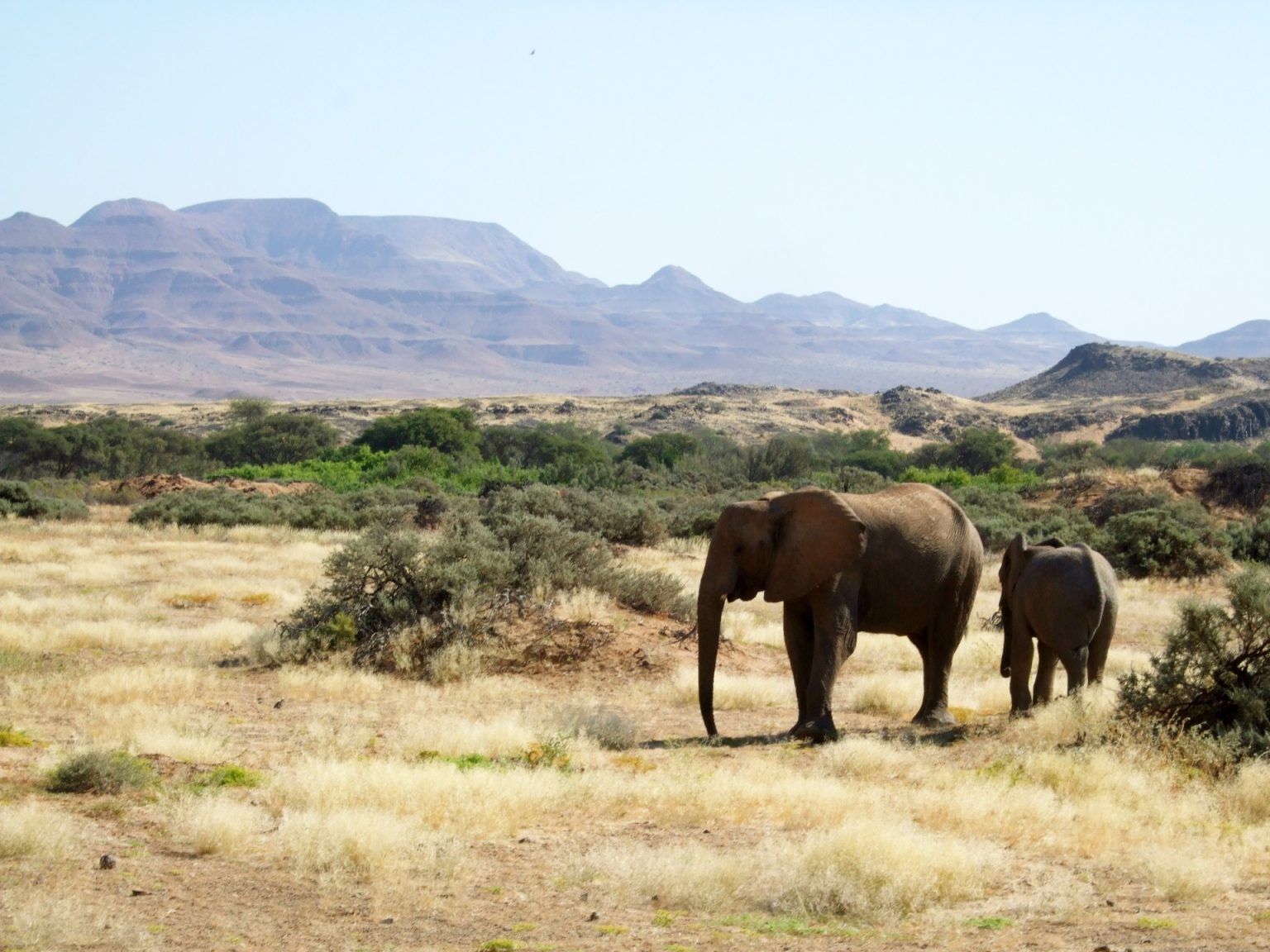Namibia is currently facing one of the worst droughts in 100 years, leading to a severe shortage of food reserves and high levels of food insecurity for nearly half of the population. The United Nations has described the situation as a “humanitarian crisis” that requires urgent action. In response to the food shortage, the Namibian government has taken the controversial step of culling more than 700 wild animals, including hippos and elephants, in game parks to provide meat for the country’s hungry citizens.
The drought in Southern Africa has been attributed to rising temperatures and low rainfall, exacerbated by the El Nino weather phenomenon and human-caused climate change. Namibia, along with other countries in the region, is heavily reliant on agriculture and livestock, which have been severely affected by the lack of rainfall. This has led to multiple drought emergencies and a depletion of food resources. The current drought has also resulted in cases of acute malnutrition, violence against women and girls, and the spread of diseases like cholera.
The cull-for-meat plan in Namibia involves the killing of various species of animals, including hippos, buffalos, zebras, and elephants, in parks and communal areas with sustainable game numbers. The aim is to provide meat for the government relief program while also addressing the issue of overpopulation of certain species, such as elephants. Wildlife populations have been affected by the drought, leading to increased human-wildlife conflict as both humans and animals compete for limited resources like water and land.
Past efforts to address wildlife population growth in Namibia and other countries in Southern Africa have included culling programs and trophy hunting as means of controlling animal numbers and generating income. However, these actions have been met with criticism from animal rights organizations and Western governments. Namibia, in particular, has faced backlash over attempts to sell elephants and carry out culling programs. The current culling initiative has been justified by Namibian officials as necessary to reduce human-wildlife conflict and provide food during the ongoing drought crisis.
The issue of wildlife population management is a complex one, as authorities must balance conservation efforts with the needs of local communities and the ecological impact of altering animal populations. With the current drought exacerbating tensions between humans and animals, Namibia is facing a challenging situation that requires careful consideration and planning. The culling of animals for meat provision highlights the desperate circumstances faced by many in the country, as they struggle to cope with the effects of the severe drought and food shortages.













